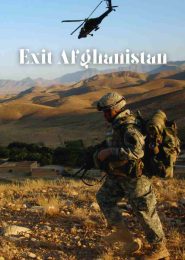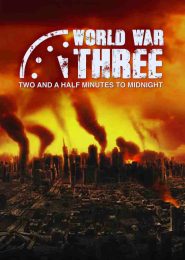The Fall of Mosul (2016)
The Fall of Mosul (2016) is an independent historical feature documentary that meticulously examines how fewer than 1,500 Jihadi fighters managed to seize and maintain control over a modern city inhabited by almost two million people. Released in 2005, this film provides a gripping account of the events surrounding the fall of Mosul during the Iraqi conflict.
Here are the key aspects explored in this searing documentary:
- The Siege: In June 2014, the terrorist organization ISIS (Islamic State of Iraq and Syria) gained control over Mosul, a city with a population of 1.8 million. The film delves into the complexities of this takeover, revealing the strategic maneuvers and the vulnerabilities that allowed such a small force to hold a major urban center hostage.
- Underestimated Adversaries: Despite being outnumbered by the Iraqi army, the Jihadi fighters demonstrated remarkable resilience. Their ability to exploit weaknesses in the Iraqi defense and maintain a grip on the city for an extended period remains a subject of intense scrutiny.
- Urban Warfare: The battle for Mosul was fought street by street, house by house. The documentary captures the brutal intensity of urban warfare, where civilians were caught in the crossfire. The cost of liberation was high, as the Iraqi forces fought to reclaim their city from the clutches of extremism.
- Human Cost: Through firsthand accounts and footage filmed on the ground, the film portrays the sacrifices made by soldiers, civilians, and families caught in the conflict. It highlights the emotional toll and physical devastation wrought by war.
- Historical Context: The Fall of Mosul places the events within the broader context of the Iraq War and the rise of ISIS. It underscores the geopolitical implications and the global impact of extremist ideologies.
Despite its concise runtime of 1 hour and 24 minutes, this documentary manages to provide a dense yet engaging narrative. The filmmaker’s commitment to fair analysis and historical accuracy ensures that viewers gain a deeper understanding of the complexities surrounding the fall of Mosul.
As we reflect on this chapter in history, we recognize the resilience of those who fought against extremism and the enduring importance of understanding the dynamics of conflict in our world.




